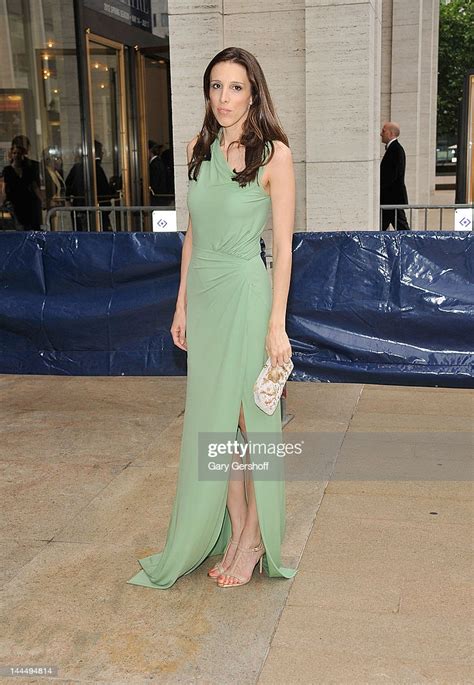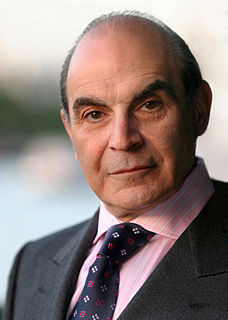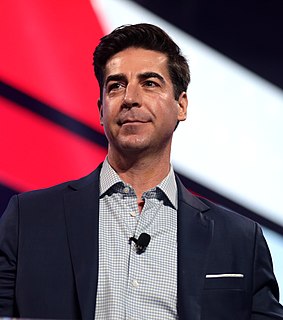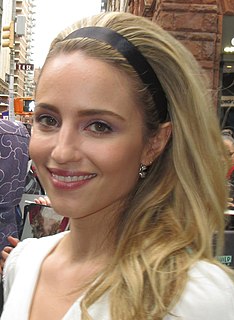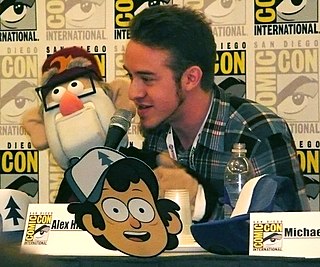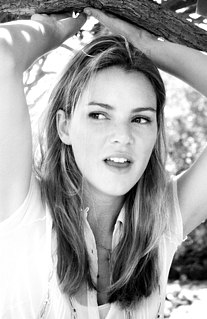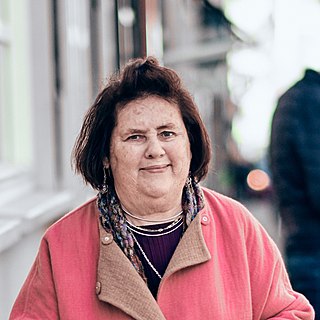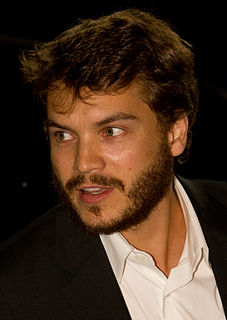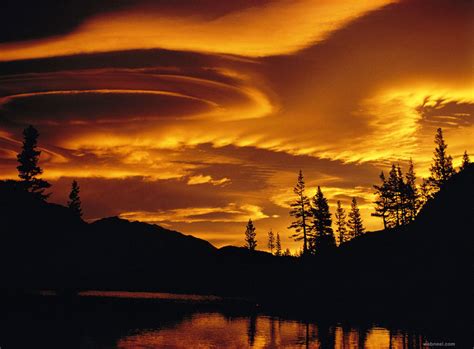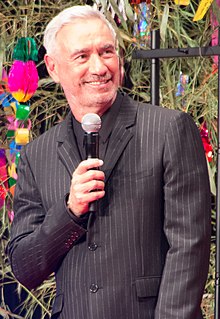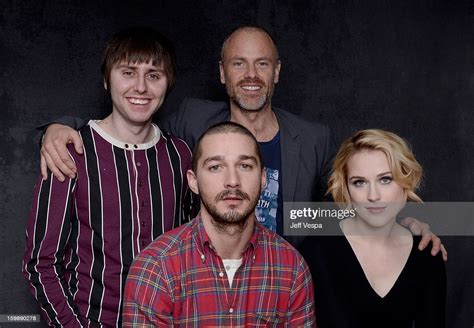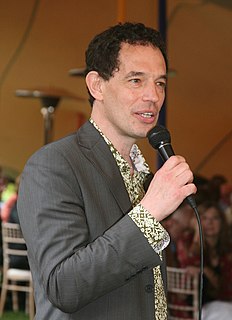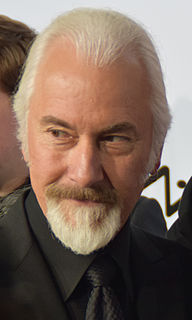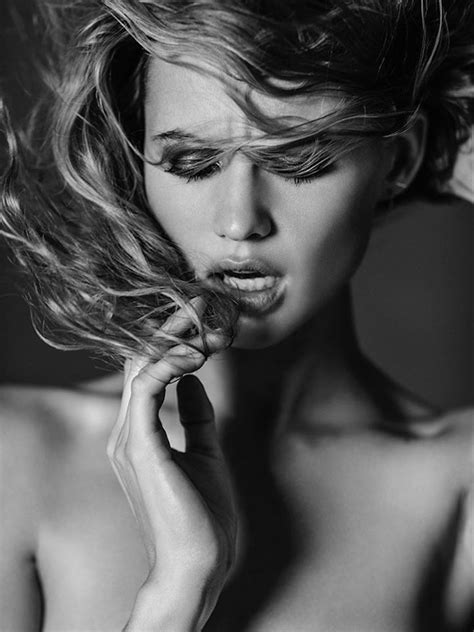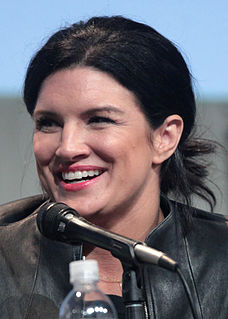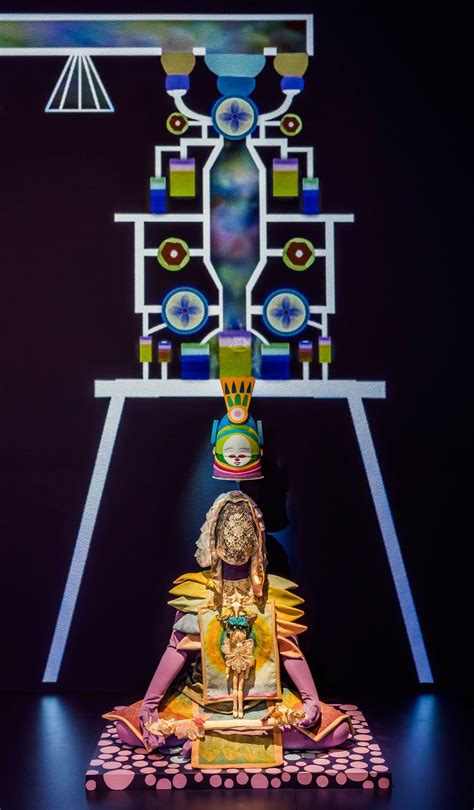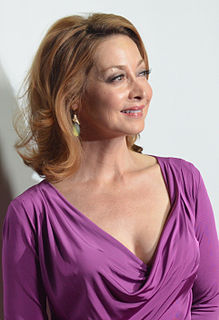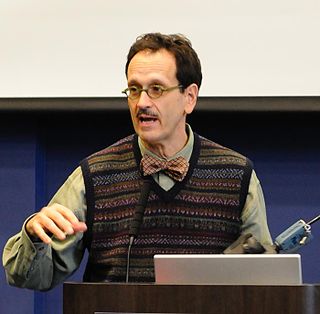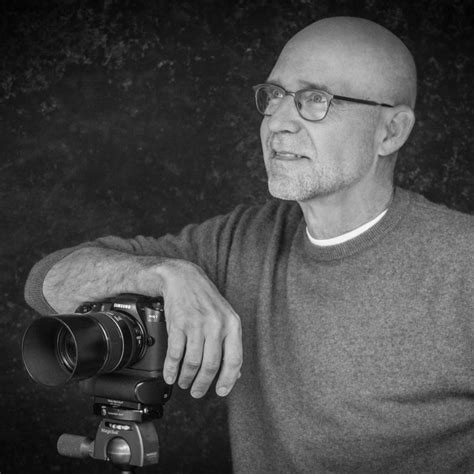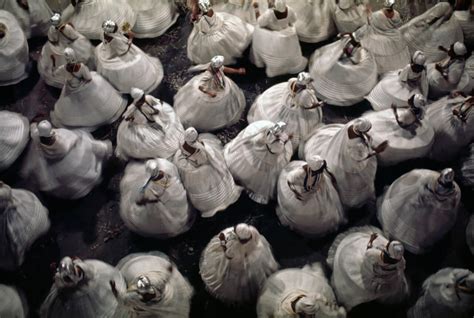Top 1200 Digital Cameras Quotes & Sayings
Explore popular Digital Cameras quotes.
Last updated on April 18, 2025.
My relationship with the journalists who covered the campaign was complicated. I often hid from the critical eye of their cameras and their omnipresent digital recorders, wary of the critique implicit in every captured moment. But I also grew to respect and understand their passion for their work, their love for the journey we were sharing.
I think there are two different types of people in television. There are people who can turn it on like a switch when the cameras go on, and then, when the cameras go off, they kind of lower it down a little bit. And then there are people who are on all the time, no matter if the cameras are there or not.
Everybody has their iPhone cameras, BlackBerry cameras, and I see those cameras pointed up at me all the time now, which is actually really good because of what it does for me and my band. There is no time for us not to be on our toes because they're on all the time whenever you're playing. I think it's very healthy.
I don't do anything digital. Everything is analog, and that's a limitation for me. However, in my world, it's not a limitation at all because I don't create the type of music that would generally be created by musicians that work with digital recording studios, and/or digital equipment, as far as production is concerned.
As far as digital technology has come, there's still one thing that digital cameras won't do: give you perfect color every time. In fact, if they gave us perfect color 50% of the time, that would be incredible, but unfortunately every digital camera (and every scanner that captures traditional photos) sneaks in some kind of color cast in your image. Generally, it's a red cast, but depending on the camera, it could be blue. Either way, you can be pretty sure-there's a cast.
If you need to strap a camera to you or get in a small space, then it makes sense to use digital.I do think it is possible to use a digital camera artistically, but it can only be good if you are using film technique. Film has grain, and digital has pixels, and there is not that much of a difference, but digital does not replace the need to create a scene and light it properly and spend time considering the shot.
I was free always. I could work without the money, to film this and that. But this is another point, because now I'm alone, and I can just use it when I want. I think the digital cameras have changed my view. Even though sometimes, including the installations that I show, I mix 35mm filming and video handmade.
In every part of the world with which I am familiar, young people are completely immersed in the digital world - so much so, that it is inconceivable to them that they can, for long, be separated from their devices. Indeed, many of us who are not young, who are 'digital immigrants' rather than 'digital natives,' are also wedded to, if not dependent on, our digital devices.
There's something very satisfying about old cameras because they're ingenious. I mean when you take them apart and actually see, 'Oh, this is how we make photographs,' it's an ingenious thing, but it feels like it's in a way a layman can appreciate, whereas a digital camera, I don't even begin to know what goes into making a digital camera.
I've been doing photography in one form or another for, oh golly, over seventy years. I don't carry cameras. I used to. For many years I carried cameras wherever I went. Photograph whatever I saw that was of interest. In the last years, I've only used cameras to explore thematic ideas which presented themselves first. And then bring out the cameras to try to explore that idea.
I don't know the technology of digital cameras but apparently the shutter speed is so fast, and so high a resolution, that they are capturing these orbs whenever people are bringing in a lot of angel energy. They just want us to know that they have got our backs, that we're not alone there, that our prayers are heard, and they are helping us.
Quantum physics forms the foundation of chemistry, explaining how molecules are held together. It describes how real solids and materials behave and how electricity is conducted through them... It enabled the development of transistors, integrated circuits, lasers, LEDs, digital cameras and all the modern gadgetry that surrounds us.
People over the age of thirty were born before the digital revolution really started. We've learned to use digital technology-laptops, cameras, personal digital assistants, the Internet-as adults, and it has been something like learning a foreign language. Most of us are okay, and some are even expert. We do e-mails and PowerPoint, surf the Internet, and feel we're at the cutting edge. But compared to most people under thirty and certainly under twenty, we are fumbling amateurs. People of that age were born after the digital revolution began. They learned to speak digital as a mother tongue.
Technology has already opened the door a bit wider for filmmakers, with smaller digital cameras making production less cumbersome. Social media is allowing self-distribution, and girl groups like Spark Summit are leading the way in calling for fewer Photoshop image alterations of girls in print media.
